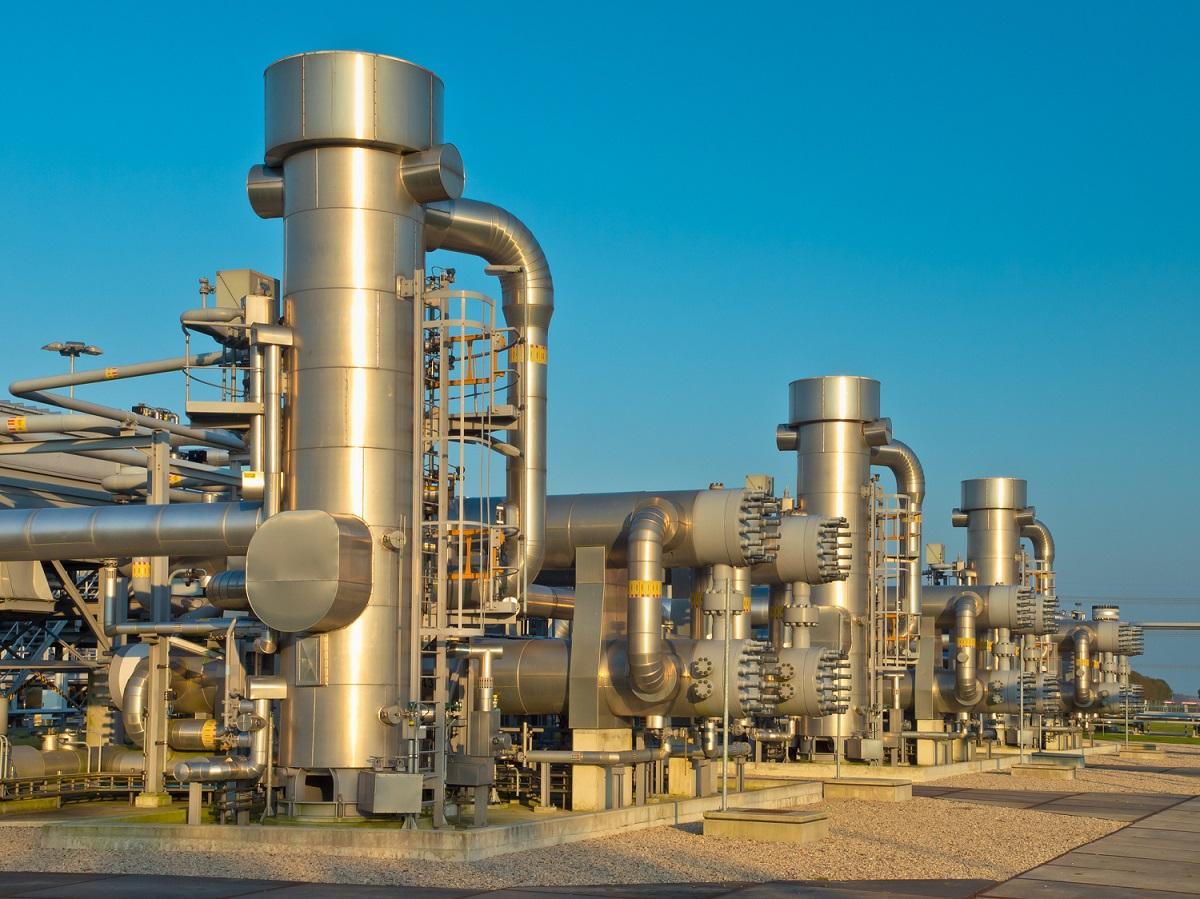Recent Developments Regarding PFAS – What Natural Gas Utilities Need To Know

Each day, the news has stories of “forever chemicals” impacting drinking water around the country or of large lawsuits from exposure to assorted products or wastes containing these chemicals.
“Forever chemicals,” or Per and Polyfluoroalkyl Substances (PFAS), are a family of millions of compounds based on the most recent definitions, found to be persistent in the environment with limited, cost-effective treatment available to remove/destroy them. Common sources of PFAS include airports, military installations, landfills, wastewater treatment plants and manufacturing facilities. That does not mean that other types of operations are immune from this issue, and a careful review of operations can help an industry understand their potential for significant liability and exposure.
PFAS are abundant in commercial products, as they impart desirable characteristics such as heat, stain and grease resistance, waterproof properties, durability and glide properties, and fire-retardant properties. They are fluorosurfactants in consumer and industrial products and are key ingredients in firefighting foam used in catastrophic situations to save life and property.
PFAS are linked to adverse health effects including various cancers, reproductive issues, and immune system problems. At present, toxicological studies are lacking for all but a handful of PFAS compounds. This raises concerns from both an environmental and worker exposure scenario.
PFAS in Natural Gas Utilities
So, the question is, how does PFAS affect the gas industry in its drilling, production, compressor station, and pipeline operations? While gas industry processes are not PFAS producing, potential areas of PFAS risk within operations include:
- Aqueous Film Forming Foam (AFFF) released to extinguish fires either from fire department use or fire suppression system discharge or testing.
- Greases, lubricants, drilling decontamination agents, and hydraulic oils
- Fracking/drilling fluids
- Wastewater
PFAS regulations are beginning to ramp up at a federal level and states will follow. As an example, USEPA proposed the declaration of two common PFAS, PFOS (perfluorooctane sulfonate) and PFOA (perfluorooctanoic acid), as hazardous substances, and intends to add up to seven other PFAS as hazardous substances. USEPA is also pushing for new analytical methods for PFAS with the ability to analyze more PFAS compounds at lower detection limits. They also have issued new health advisories for four common PFAS that are orders of magnitude lower than previous levels.
With the use of PFAS-containing products and pending regulation, the gas industry can take important steps to understand their risks including:
- Become knowledgeable on PFAS – what they are and where they are used.
- Track PFAS developments at the Federal level and in states where you operate.
- Audit your operations to see if you are using PFAS-containing products and consider replacing them with non-PFAS alternatives.
- Develop an AFFF management plan for fire emergencies and fire suppression system releases. If possible, switch to fluorine free foam and replace the fire suppression infrastructure.
- If you do have a PFAS release to the environment, understand the types of remediation technologies available to prevent migration or remove/treat the PFAS.
There is no reason for panic when it comes to PFAS, but with the complexity of this class of compounds and rapid changes occurring, now is an ideal time to assess your risk and manage your level of risk tolerance.
About Antea Group
Antea®Group is an environment, health, safety, and sustainability consulting firm. By combining strategic thinking with technical expertise, we do more than effectively solve client challenges; we deliver sustainable results for a better future. We work in partnership with and advise many of the world’s most sustainable companies to address ESG-business challenges in a way that fits their pace and unique objectives. Our consultants equip organizations to better understand threats, capture opportunities and find their position of strength. Lastly, we maintain a global perspective on ESG issues through not only our work with multinational clients, but also through our sister organizations in Europe, Asia, and Latin America and as a founding member of the Inogen Alliance. Learn more at us.anteagroup.com.

